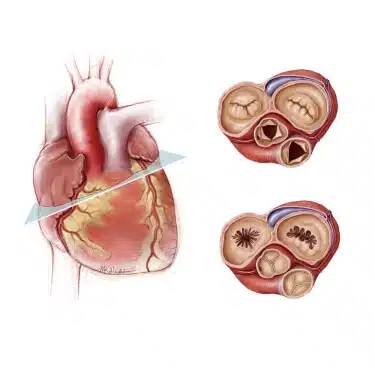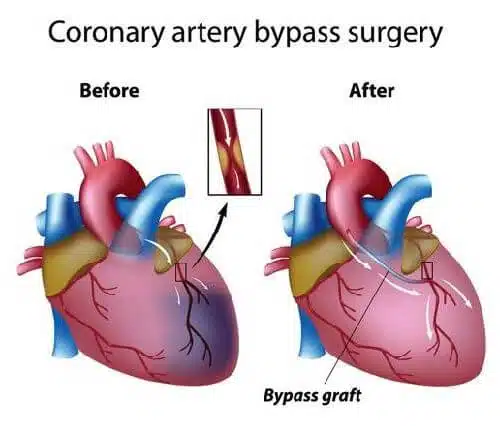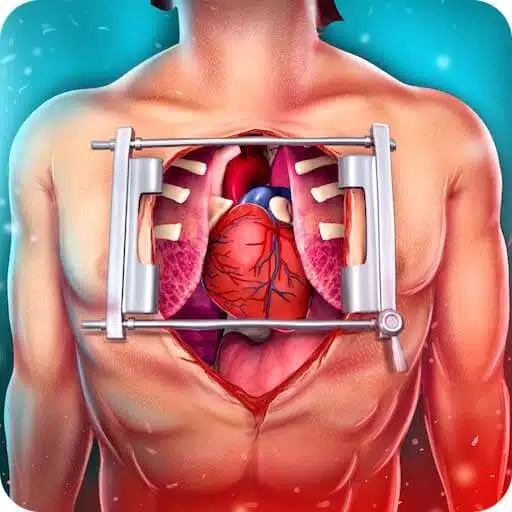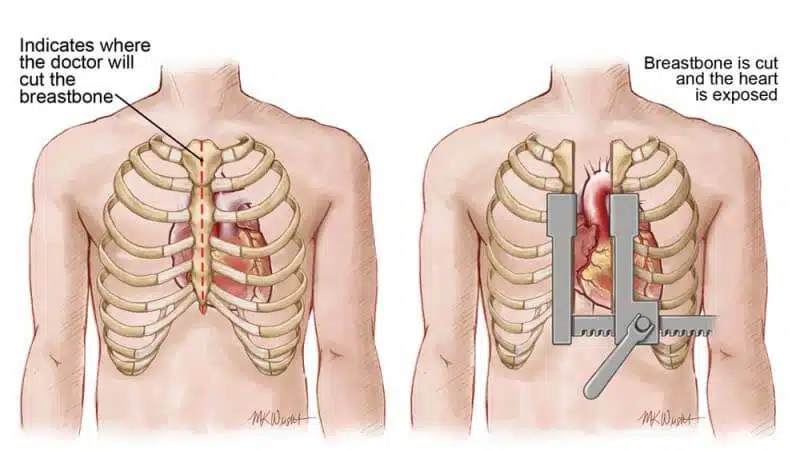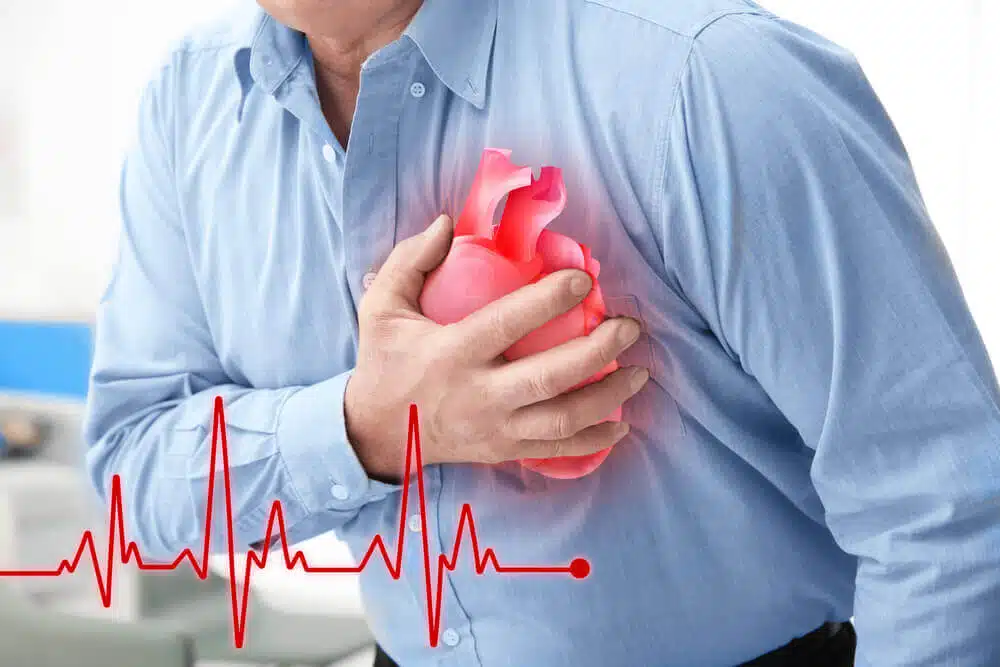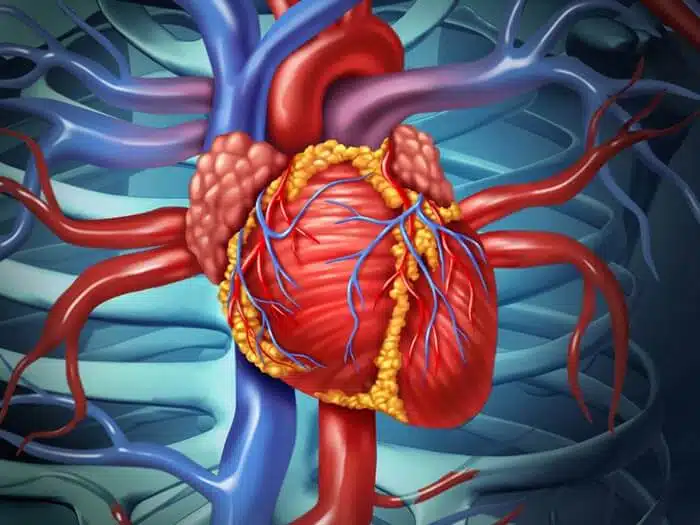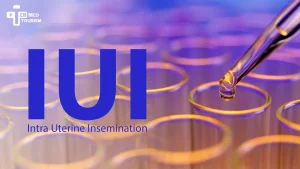What is open heart surgery?
Who needs open-heart surgery?
Open heart surgery is typically performed on those patients who are facing severe blockage in large parts of the coronary arteries. Based on different factors, usually, the decision is upon the doctor to select patients as appropriate candidates. These factors include the location of plaque and the intensity of CAD symptoms. In the case of a massive heart attack, open heart surgery can also be a direct treatment method.
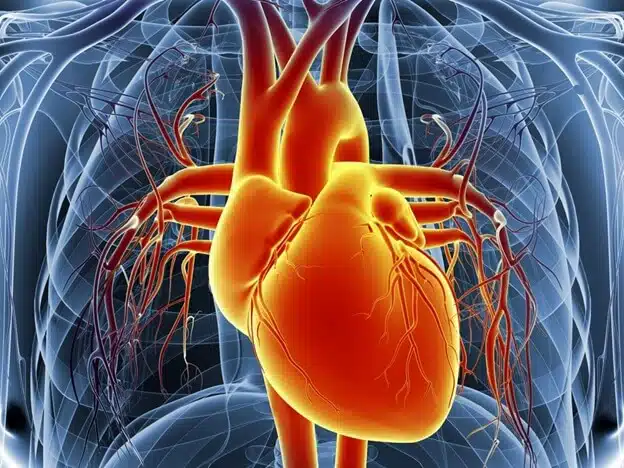
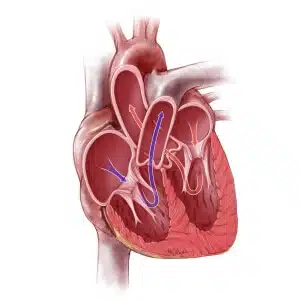
Are there different types of open-heart surgery?
Open heart surgeries have different types, from less invasive surgeries to traditional forms of it. On the other hand, some of the open-heart surgeries can be performed using robot-assisted techniques, during which surgeons can remotely control instruments through the operation. Based on the patient’s age and physical conditions, along with the location and severity of artery blockage, surgeons select the proper method. Arthrosclerosis severity and lung diseases are also considered factors in this decision. Interestingly enough, among different methods, traditional open-heart surgery is the safest and the most efficient one.
How is the CABG surgery performed?
Modern open-heart surgeries are performed using a small incision, whereas in the traditional open-heart surgeries, the chest bone will be opened to reach the heart and damaged parts. Along with the traditional way, there are different types of less invasive modern invasive open heart surgeries, such as:
- MIDCAB: This procedure is designed for bypassing one or two coronary arteries. To do so, small incisions are made between the patient’s ribs, over the artery, to perform the bypass. Incisions are 3 inches long, and scars are minor in comparison to the traditional method.
- Port-access coronary bypass: This procedure is performed using small ports or incisions on the chest. A heart-lung machine is usually employed during this procedure.
- Robot-assisted technique: During this procedure, keyhole-sized incisions are made, and a small camera will be inserted so that surgeons can monitor the process constantly.
